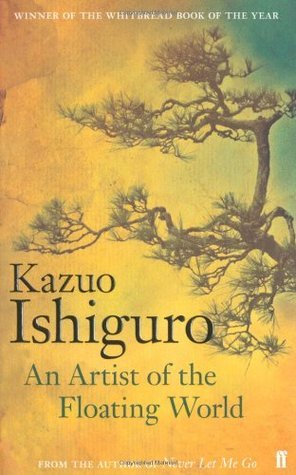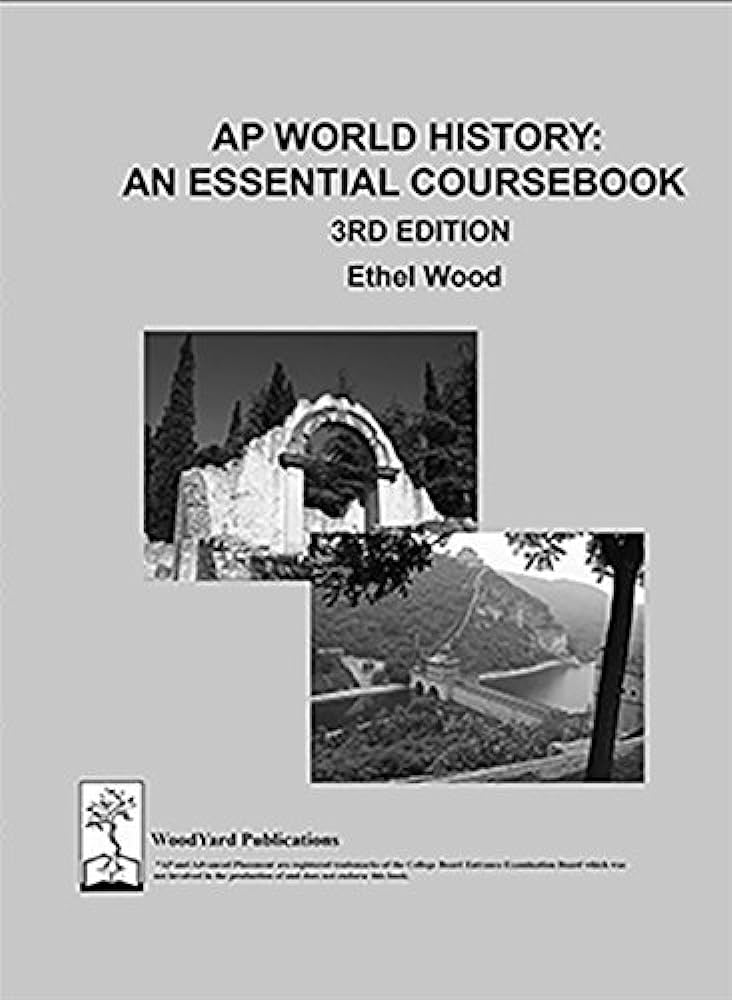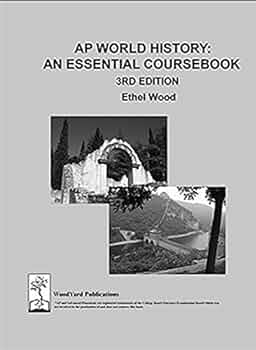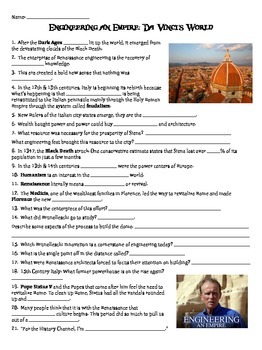Kazuo Ishiguro An Artist Of The Floating World Review
Kazuo Ishiguro’s novel An Artist of the Floating World is a thought-provoking exploration of the events leading to and following World War II in Japan. It tells the story of Masuji Ono, an aging artist who is struggling to come to terms with his past actions and his present circumstances. Through its exploration of themes such as regret, memory, and responsibility, this novel provides a powerful insight into how the past can shape our present. This review aims to discuss the key themes of the novel, its literary merits, and its cultural significance.
Overview of Kazuo Ishiguro
‘s An Artist of the Floating World
Kazuo Ishiguro’s An Artist of the Floating World is a powerful, thought-provoking novel that explores the themes of memory, identity, and the search for meaning in a post-war Japan. Set in 1959, the novel focuses on the life of Masuji Ono, an elderly artist who is struggling to come to terms with his role in Japan’s wartime atrocities. Through flashbacks and conversations with his daughter, Masuji’s past and present collide and he is forced to confront his guilt and regret. The narrative is both heartbreaking and hopeful, as Masuji ultimately comes to terms with his past and finds a sense of redemption. Ishiguro’s poetic prose, vivid imagery, and masterful use of symbolism give this novel an unforgettable emotional depth. An Artist of the Floating World is a powerful story of guilt, regret, and the search for meaning in a tumultuous time.
Themes of “An Artist of the Floating World”
Kazuo Ishiguro’s novel An Artist of the Floating World is a masterful exploration of life during and after World War II in Japan. Through the protagonist, the elderly Masuji Ono, the novel examines themes of guilt, displacement, and a sense of loss of identity.
The novel’s main theme is guilt, which is a central part of Ono’s life, as he struggles to come to terms with his wartime actions as a propagandist for the Japanese military. Ono feels guilty for his role in the war and the suffering it caused, yet he is unable to express this guilt to his family. This guilt is further compounded by his sense of displacement as he struggles to come to terms with the changes in post-war Japan.
The novel also examines the theme of identity, as Ono attempts to reconcile his past actions with his current role as an elderly man. His children, in particular, view him differently now, and Ono is forced to confront the changes in his identity and his place in the world.
Finally, An Artist of the Floating World examines the theme of loss. Ono’s life has been marked by loss, from the death of his wife to the changing world around him. The novel is an exploration of the ways in which individuals attempt to make sense of their lives in the face of loss.
Overall, An Artist of the Floating World is a complex and beautiful novel that examines the themes of guilt, displacement, identity, and loss. Through Ono’s story, Ishiguro explores how individuals attempt to make sense of their lives in the aftermath of war and loss.
Critical Reception of “An Artist of the Floating World”
Kazuo Ishiguro’s novel, An Artist of the Floating World, has been met with both critical admiration and popular acclaim. The novel is praised for its exploration of themes such as memory, identity, and the consequences of war. Critics have lauded Ishiguro’s masterful use of symbolism and his unique narrative style.
The novel has received numerous awards, including the Booker Prize and the Whitbread Award. It also received the James Tait Black Memorial Prize for Fiction and the Los Angeles Times Book Prize. In addition, the novel was shortlisted for the Impac Prize.
The novel has been widely discussed in academic circles for its exploration of the psychological effects of war on individuals. Scholars have noted the novel’s exploration of the complexities of Japanese culture and its exploration of the power of memory.
The novel has also been praised for its exploration of the human experience. Critics have noted the novel’s ability to capture both the beauty and pain of life and its exploration of the human capacity for resilience.
Overall, An Artist of the Floating World has been met with critical and popular acclaim. The novel has earned numerous awards and has been widely discussed in academic circles. Its exploration of themes such as memory, identity, and the psychological effects of war, as well as its exploration of the human experience, has made it a classic example of modern literature.

Character Analysis of “An Artist of the Floating World”
Kazuo Ishiguro’s “An Artist of the Floating World” is a story of intense human drama, set in the aftermath of World War II. It is a story of memory and loss, of ambition and regret, of a life lived in a society that is struggling to find its footing in a rapidly changing world. The novel’s characters are complex and diverse, and they collectively provide a fascinating look at the human condition.
The protagonist of the novel is Masuji Ono, a retired and aging artist who is struggling to come to terms with the changes in his life and his own personal failings. Ono’s story is one of deep regret, of a man who wishes he could have done more with his life, and of a man who is trying to find peace within himself. Ono’s journey is one of personal growth, as he is forced to confront his past mistakes and find a new purpose in life.
The novel also explores the themes of ambition, loyalty, and patriotism. We see how Ono and other characters struggle to find balance between their personal desires and obligations to their country. The novel also examines how wartime trauma affects individuals and communities, and the effects of the war on Japanese society.
Overall, “An Artist of the Floating World” is a thought-provoking and emotionally powerful novel that offers an engaging look at the human condition in the wake of a devastating conflict. Through its complex characters and detailed exploration of themes, the novel provides a powerful examination of the human experience.
Setting and Style of “An Artist of the Floating World”
Kazuo Ishiguro’s 1986 novel “An Artist of the Floating World” is set in post-World War II Japan, and follows the story of Masuji Ono, an aging artist who must come to terms with his role in the war. Ishiguro’s narrative style is defined by its subtlety and understatement, as he slowly reveals Masuji’s thoughts and feelings about his past. Through Ishiguro’s intricate and delicate prose, he paints a vivid portrait of Japanese society in the aftermath of the war, and how a single individual’s actions can have far-reaching consequences. The novel is a powerful exploration of how the past can haunt and shape the present, as well as a meditation on the consequences of one’s actions. Ishiguro’s lyrical prose and reflective atmosphere create a compelling and thought-provoking reading experience.
Final Thoughts on “An Artist of the Floating World”
Kazuo Ishiguro’s “An Artist of the Floating World” is a profound and evocative novel, which invites the reader to reflect on the complexity of human nature. Set in post-war Japan, the story follows an aging artist, Masuji Ono, as he comes to terms with his past. Through the narrative, Ishiguro explores the themes of memory, regret, and the consequences of our actions. His writing is hauntingly beautiful, and his characters masterfully crafted.
The novel is a stunning piece of literature, which offers readers an insight into the human experience. It is a reminder that our lives are often shaped by our choices, and the decisions we make can have lasting consequences. Ishiguro’s novel is an exploration of the many facets of humanity, and an invitation to examine our own lives.
“An Artist of the Floating World” is an excellent book, which I would highly recommend to anyone looking for a thoughtful and thought-provoking read. The characters are vivid and the story is captivating. Ishiguro’s writing is powerful and evocative, and the novel is an exploration of the human spirit. “An Artist of the Floating World” is a masterpiece, and an absolute must-read.
FAQs About the Kazuo Ishiguro An Artist Of The Floating World Review
1. What is the overall opinion of the review of Kazuo Ishiguro’s novel, An Artist of the Floating World?
Answer: The review generally praises the novel for its beautifully evocative language and delicate portrayal of Japan’s post-war period. It also praises Ishiguro’s ability to capture the complexities of the characters with empathy and sensitivity.
2. How does the review discuss the book’s themes?
Answer: The review discusses the book’s themes of loss, regret, and identity, and how Ishiguro is able to explore these themes in a meaningful way. It also discusses how Ishiguro uses the novel to explore the connection between the past and the present.
3. What other reviews have been written about An Artist of the Floating World?
Answer: The book has been widely praised by critics, with many praising its lyrical writing and powerful themes. It has been featured in a variety of publications, including The New York Times, The Guardian, and The Wall Street Journal.
Conclusion
Kazuo Ishiguro’s An Artist of the Floating World is an insightful look at life and the choices one can make, both in terms of the present and in terms of the past. It is a story of a man who must come to terms with his past, and his present life, and the consequences that come with it. With its beautiful writing and thought-provoking themes, An Artist of the Floating World is a compelling and emotionally moving read. It is a book that will stay with the reader long after it has been put down.





